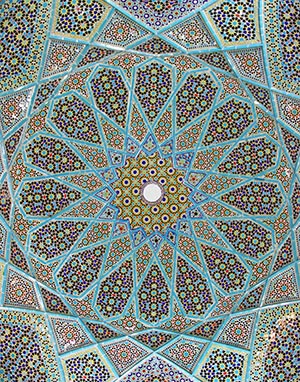
History and background of American Natives
American Natives
The history of American Natives is **intricate** and fascinating.
Before the arrival of European settlers, **indigenous** tribes populated the land.
These tribes had rich cultures and **traditions**, living off the land sustainably.
However, with colonization came disease, **conflict**, and displacement.
Many Native Americans were forced onto **reservations**, where their way of life changed drastically.
Despite these challenges, American Natives have **persevered** and continue to advocate for their rights.


